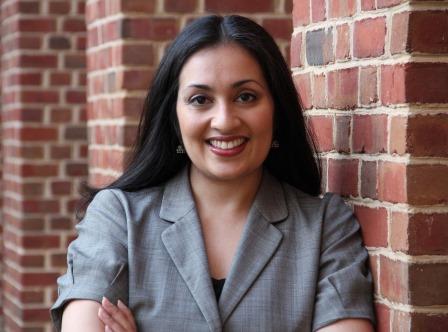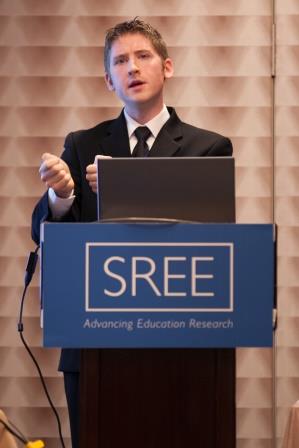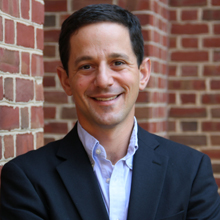An important part of the mission at the Institute of Education Sciences (IES) is to support the work of scholars who are early in their independent research careers. An example of that commitment can be seen in the latest round of grants from the National Center for Education Research (NCER), which includes eight grants being led by early career scholars. These principal investigators are all individuals who began their independent research careers within the last five years.
Under the Education Research Grants competition, there are four NCER-funded grants that were awarded to early career scholars.
Abigail Gray, Senior Research Specialist at the University of Pennsylvania, who was an IES predoctoral fellow, is now leading a grant to study the efficacy of Zoology One, an integrated science and literacy intervention for kindergarten students. At the Cincinnati Children’s Hospital Medical Center, Assistant Professor Stephen Becker is examining the academic, social, and emotional problems experienced by children with sluggish cognitive tempo—specific attention-related symptoms such as excessive daydreaming, mental confusion, and slowed thinking or behavior.




(From l to r: Abigail Gray, Stephen Becker, Shaun Dougherty, and Sonia Cabell)
Shaun Dougherty, Assistant Professor at the University of Connecticut, is looking at whether attending a high school in the Connecticut Technical High School System has an impact on achievement, high school graduation, and college enrollment. And Sonia Cabell, a Research Scientist from the University of Virginia, is leading a team that will study the efficacy of the Core Knowledge Language Arts Listening and Learning intervention for children in kindergarten through second grade. This program is designed to guide teachers in their reading out loud to their students in classrooms.
NCER awarded another set of Early Career grants through its Statistics and Research Methodology in Education grant program. This year, NCER made three awards under this competition.




(From l to r: Chun Wang, James Pustejovsky, Nathan VanHoudnos, and Benjamin Castleman)
Finally, Benjamin Castleman, Assistant Professor at the University of Virginia, is leading a team in the Scalable Strategies to Support College Completion Network. Research Networks involve a number of research teams working together to address a critical education problem or issue. Castleman’s team will examine whether text messages that provide personalized information will help students at open- and broad-access enrollment institutions to complete their degrees.
Written by Becky McGill-Wilkinson, Education Research Analyst, NCER